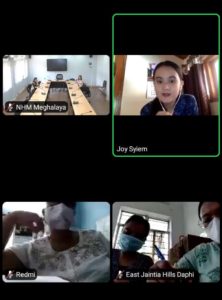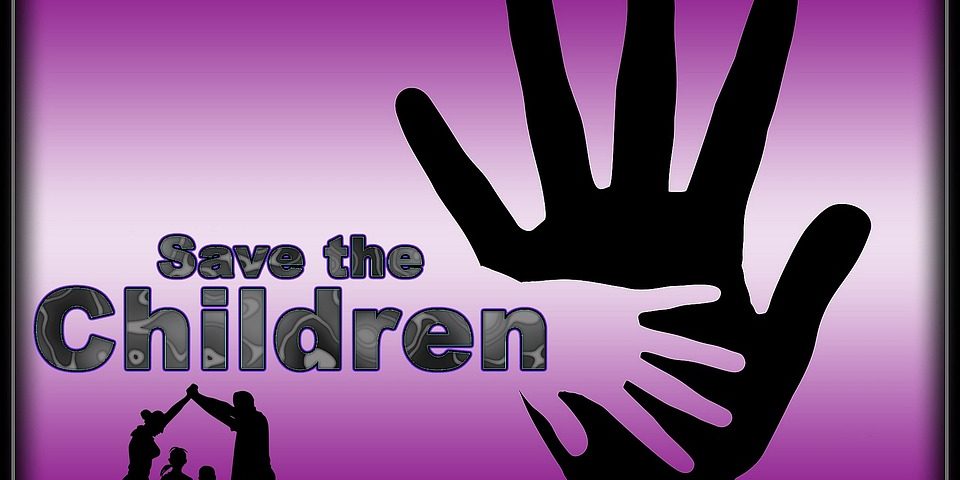National Health Mission Government of Meghalaya, had organized an online sensitization on POCSO Act 2012 for all Nodal officers and counsellors working under National Health Mission.
The training was conducted by Joy Grace Syiem, HR MANAGER of North East Network for the district officers of the Rashtriya Kishor Swasthya Karyakram (RKSK) programme under NHM, Government of Meghalaya. The programme was a Training for the officers on the Prevention of Children from Sexual Offences Act, 2013 in context to Meghalaya.
The topic was on how the “POCSO Act” can protect our vulnerable children in the community. She spoke on the sections of the Act and added some other aspects as attached in the document.

When we talk of child sexual abuse also please keep in mind that a boy child too can be sexually abused. Of course statistics show that more girls are sexually abused but this should not cloud our mind when in the field.
In Meghalaya, we have seen a huge rise in cases of Child Sexual Abuse. Some of these cases are being termed as teenage pregnancy. In the field, we must be very careful to take a documented case history of cases with children. What may look like a teenage pregnancy case, which we at times justify as part of our culture, may actually have elements of abuse and violence. We have seen many cases of incest in the recent times, and these cases all fall within the purview of the POCSO Act. But our reporting and documenting of these cases under POCSO is what is lacking.
How the “POCSO Act” protects the most vulnerable in our Community.
- According to the POCSO Act a Child is a person below the age of 18 years.
- When we talk of child sexual abuse this would include offences of sexual assault, sexual harassment, pornography. Sexual assault can be penetrative or non penetrative and it is important to note that an assault can be termed ‘aggravated’under certain circumstances such as when the child is mentally ill, or when the abuser is a person in authority or a family member. In fact, in the latest amendment to the Act a crime of aggravated sexual assault can result in a death penalty if the accused is found guilty.
- The Act keeps in mind the best interest of the child and that is why it has a section on Mandatory Reporting – this means any person who is aware that a child is being sexually abused must report the matter to the authorities. When we say authorities, it could be the police, or the child protection officers or the Child Welfare Committee members. If that person fails to do so, he may be imprisoned for 6 months
- As officers in the health department, we must first understand that tackling a case of Child Sexual Abuse requires a multi-sectoral approach and coordination.
- When we receive a case, remember that children who have been sexually abused are not only traumatized as a result of their experience. They are more vulnerable of being abused and are at risk of re-traumatization as part of the criminal justice procedure.
- Hence it is our duty to ensure that we follow the guidelines as given by the Ministry of Women and child development in order to ensure that we too keep the best interest of the child.
- In-depth training different professionals is mandatory
- The responsibility of supporting a child who has been sexually abused should be on the community as a whole, but it is the professionals who work in this field who play an important role in enabling a healing process for the child







